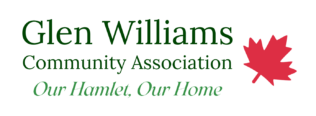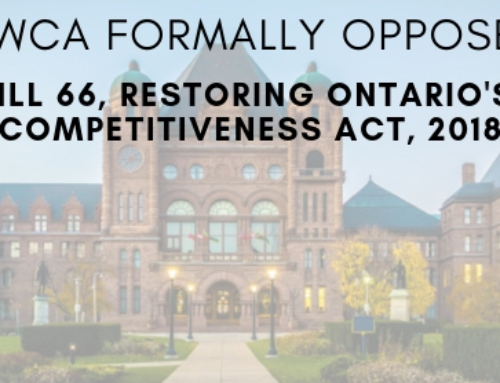It is important to remember that elected officials represent their local community and are accountable to their constituents. Their legitimacy comes from the consent of those they govern.
On Jan. 24, 2017, The Town of Halton Hills approved, in a special meeting, a 31-home subdivision in one of the last remaining green spaces in the Hamlet of Glen Williams.
Before an overflow crowd in the Chambers, several Glen Williams residents raised their deep reservations about the development. They highlighted the plan did not meet the intent and spirit of the official town plan of the hamlet; it offered zero parkland to a community that was to lose 20 acres of greenspace. Concerns were raised with respect to the proposed storm-water system and the extensive use of retaining walls on private lots.
Taking the opposite view, town staff and lawyers (from the town and from the developer, Eden Oak) said that the current proposal was the best achievable outcome as the application was now before the Ontario Municipal Board (OMB) and that town council had no alternative but to approve it.
It is difficult to actually know whether this positive recommendation of the town and its solicitor is correct.
The town’s final report and recommendations were released on Thursday Jan. 19, 2017. This meant four days for the public and councillors to locate, read and respond to a complex report (over 100 pages) and one day for registration for anyone wishing to comment for five minutes at the meeting. There was no debate.
The town solicitor and town staff still need to resolve 99 outstanding issues without further input from council, the public or independent experts.
Only one official public meeting was held about this property and the proposed development — in 2009 — but this was not about the revised plan that planning staff (and the town solicitor) were now recommending.
That is seven years of silence and four days of frenetic activity.
The Town of Halton Hills is responsible for planning applications and has a public duty to adequately inform the residents of Glen Williams about a plan that will forever impact the Glen’s special topography and sense of community.
The town staff and councillors should acknowledge that the Glen community could assist in many of the unresolved issues which concern the proposed development and their neighborhood. The Glen Williams Community Association would be happy to collaborate with the town in initiating their public information and consultation process. Let’s get this right.
This article by Drew Leverette, President of the Glen Williams Community Association, originally appeared in a Letter to the Editor in The Independent Free Press on February, 23, 2017.

